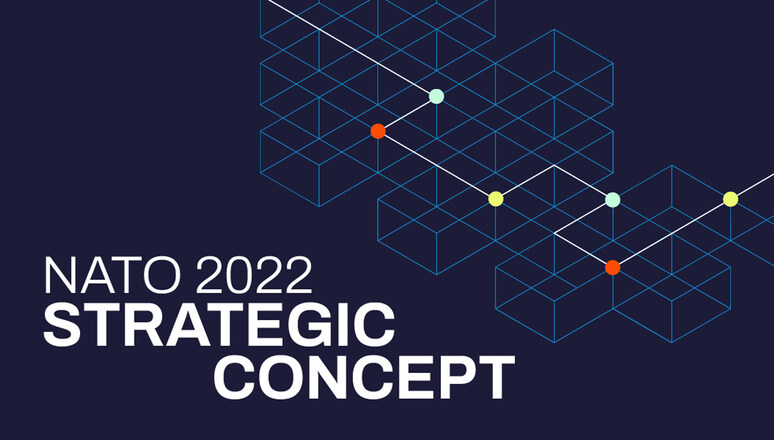On 31 January 2022, NATO hosted a workshop that brought Allies and 37 partner countries together to share views and ideas for the next Strategic Concept. The world has fundamentally changed in the past decade so the time has come to update the Strategic Concept, which is second only to the Alliance’s founding treaty as a source of guidance for NATO’s strategy and initiatives.

Allied Leaders asked Secretary General Jens Stoltenberg to develop the new Strategic Concept in time for the Madrid Summit in June 2022, and as part of this work, the Secretary General is consulting with Allies, partners and other stakeholders, including academics and the private sector. NATO’s partnerships are an essential element of one of NATO’s three core tasks, namely cooperative security.
The Alliance and its partners contribute to international peace and security through dialogue and practical cooperation, and these efforts matter more than ever. As outlined recently by the Secretary General, today’s threats are not restrained by geography or borders. What happens far away matters for the Euro-Atlantic region, and working with partners and taking a more global approach is an absolute necessity, he explained.
NATO Deputy Secretary General Mircea Geoană addressed partners at the workshop, who shared their insights on current security challenges and discussed ways to further develop cooperation. Topics ranged widely and included the growing instability in the age of strategic competition; threats to the rules-based international order; the future of crisis management and counter-terrorism; how to strengthen resilience; the impact of climate change on security; and emerging and disruptive technologies.
Over many decades, NATO has built up a large network of valuable partnerships with non-member countries from the Euro-Atlantic area, the Middle East and North Africa, the Mediterranean and across the globe. These partners have contributed significantly to NATO’s operations, exercises, training, capability development processes, and research and experimentation in new areas. Allies are committed to maintaining active dialogue with partners.
